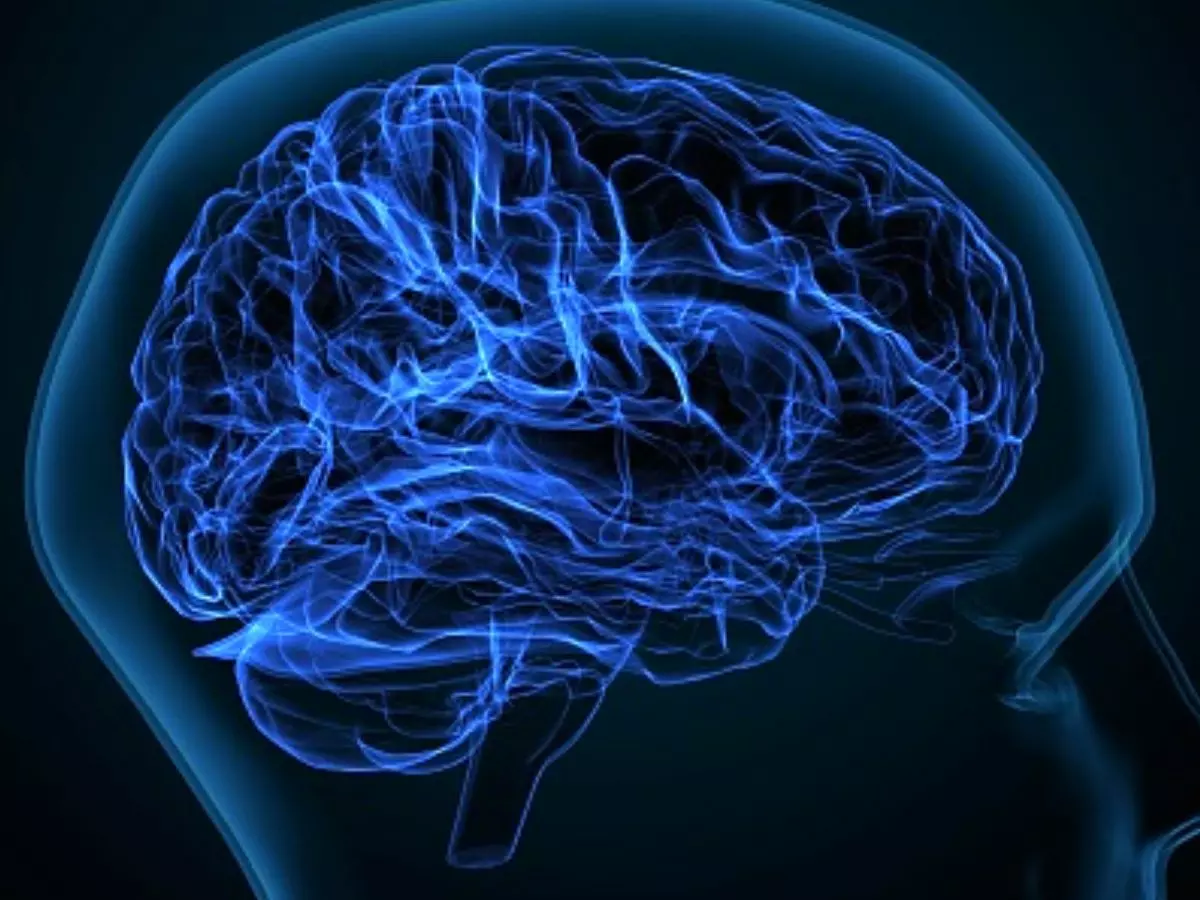Electric Current To Brains Of Older Adults Improved Their Memory, Study Shows
Researchers saw improvements in both long-term and working memory post the four-day course. In fact, the participants experienced improved memory even one month after the treatment

Pulsing electrical currents through the brain for 20 minutes can boost memory for older adults for at least a month, reveals a new study published in the journal Neuroscience.
 Representational Image: Unsplash
Representational Image: Unsplash
The study offered brain stimulation via a swim-cap-like device that had electrodes on it at specific positions, which delivered electric current to those areas of the brain.
Researchers were looking at two areas of the brain -- one linked with working memory and one linked with long-term memory. A team of 60 participants from the ages of 65 to 88 were split into three groups.
One group wore the device but didn¡¯t get any electrical stimulation, the second got the stimulation in the region linked with working memory and the third group got stimulation in an area that had long-term memory.
The treatment was done alongside performing memory tasks where they were asked to read a list of 20 words and recall them. This treatment went on for four consecutive days. They were trying to see how often they remembered the beginning of the list and the end of the list, looking at long-term and working memory performance respectively.
Researchers saw improvements in both long-term and working memory post the four-day course. In fact, the participants experienced improved memory even one month after the treatment.
 Unsplash
Unsplash
According to study author Shrey Grover, a cognitive neuroscience researcher at Boston University, unlike medication that looks at the chemistry of the brain, the electrical stimulation hits the brain¡¯s electrical systems. Electrical stimulation improves the growth of the brain in areas crucial for memory.
While the treatment is safe overall, it has some mild side effects such as itching and tingling. However, researchers haven¡¯t really specified if it has been helpful for those with Alzheimer's. They're however also looking to explore other kinds of conditions affecting cognitive functioning such as schizophrenia or OCD.
For more in the world of technology and science, keep reading Indiatimes.com.
